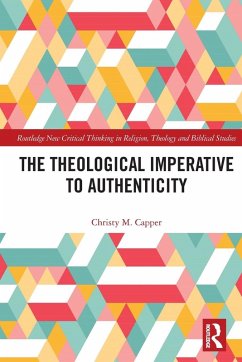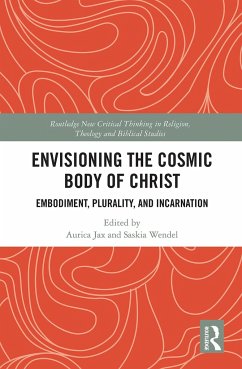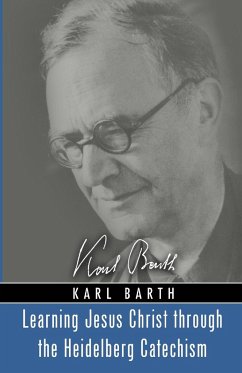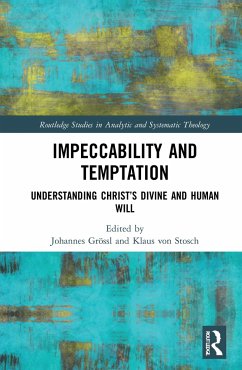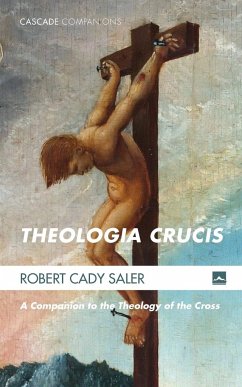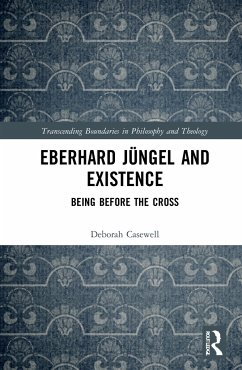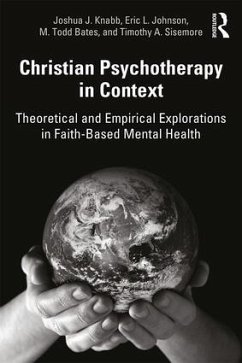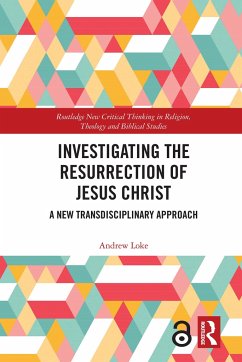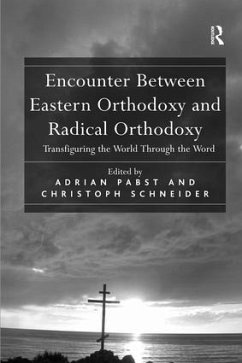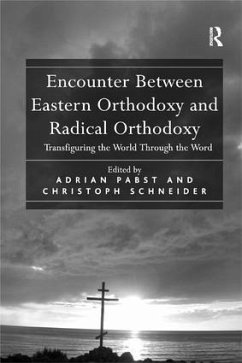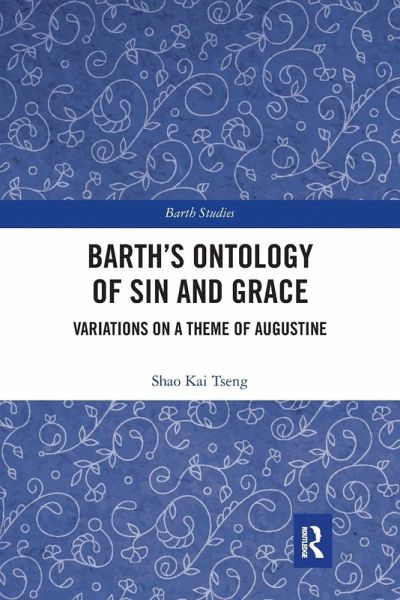
Barth's Ontology of Sin and Grace
Variations on a Theme of Augustine
Versandkostenfrei!
Versandfertig in 6-10 Tagen
48,99 €
inkl. MwSt.
Weitere Ausgaben:

PAYBACK Punkte
24 °P sammeln!
In recent Barth studies it has been argued that a key to understanding the theologian's opposition to natural theology is his rejection of substantialist ontology. While this is true to an extent, this book argues that it is a mistake to see Barth's 'actualistic ontology' as diametrically opposed to traditional substantialism. Probing into Barth's soteriological hamartiology in Church Dogmatics, III-IV, a largely neglected aspect of these volumes in recent debates on his understanding of being and act, it shows how his descriptions of sin, nature, and grace shed light on the precise manners in...
In recent Barth studies it has been argued that a key to understanding the theologian's opposition to natural theology is his rejection of substantialist ontology. While this is true to an extent, this book argues that it is a mistake to see Barth's 'actualistic ontology' as diametrically opposed to traditional substantialism. Probing into Barth's soteriological hamartiology in Church Dogmatics, III-IV, a largely neglected aspect of these volumes in recent debates on his understanding of being and act, it shows how his descriptions of sin, nature, and grace shed light on the precise manners in which his actualistic ontology operates on both a substance grammar of being and a process grammar of becoming, while rejecting the metaphysics underlying both grammars.
Looking at issues such as original sin, universal salvation and human will, Barth is shown to be radically redefining the relationship between humans, their actions and the divine. This book argues that human 'nature' is the total determination of the human being 'from above' by God's grace in Christ, while the existential dimension of the human being is also totally determined 'from below' by the Adamic history of sin. This serves to demonstrate Barth's endeavours in eliminating the vestiges of natural theology within the Western tradition handed down from Augustine.
By exploring these issues this book offers a fresh insight into Barth's relationship with his theological forbears. As such, it will be vital reading for any scholar of Barth studies, the problem of evil, and theological ontology.
Looking at issues such as original sin, universal salvation and human will, Barth is shown to be radically redefining the relationship between humans, their actions and the divine. This book argues that human 'nature' is the total determination of the human being 'from above' by God's grace in Christ, while the existential dimension of the human being is also totally determined 'from below' by the Adamic history of sin. This serves to demonstrate Barth's endeavours in eliminating the vestiges of natural theology within the Western tradition handed down from Augustine.
By exploring these issues this book offers a fresh insight into Barth's relationship with his theological forbears. As such, it will be vital reading for any scholar of Barth studies, the problem of evil, and theological ontology.





